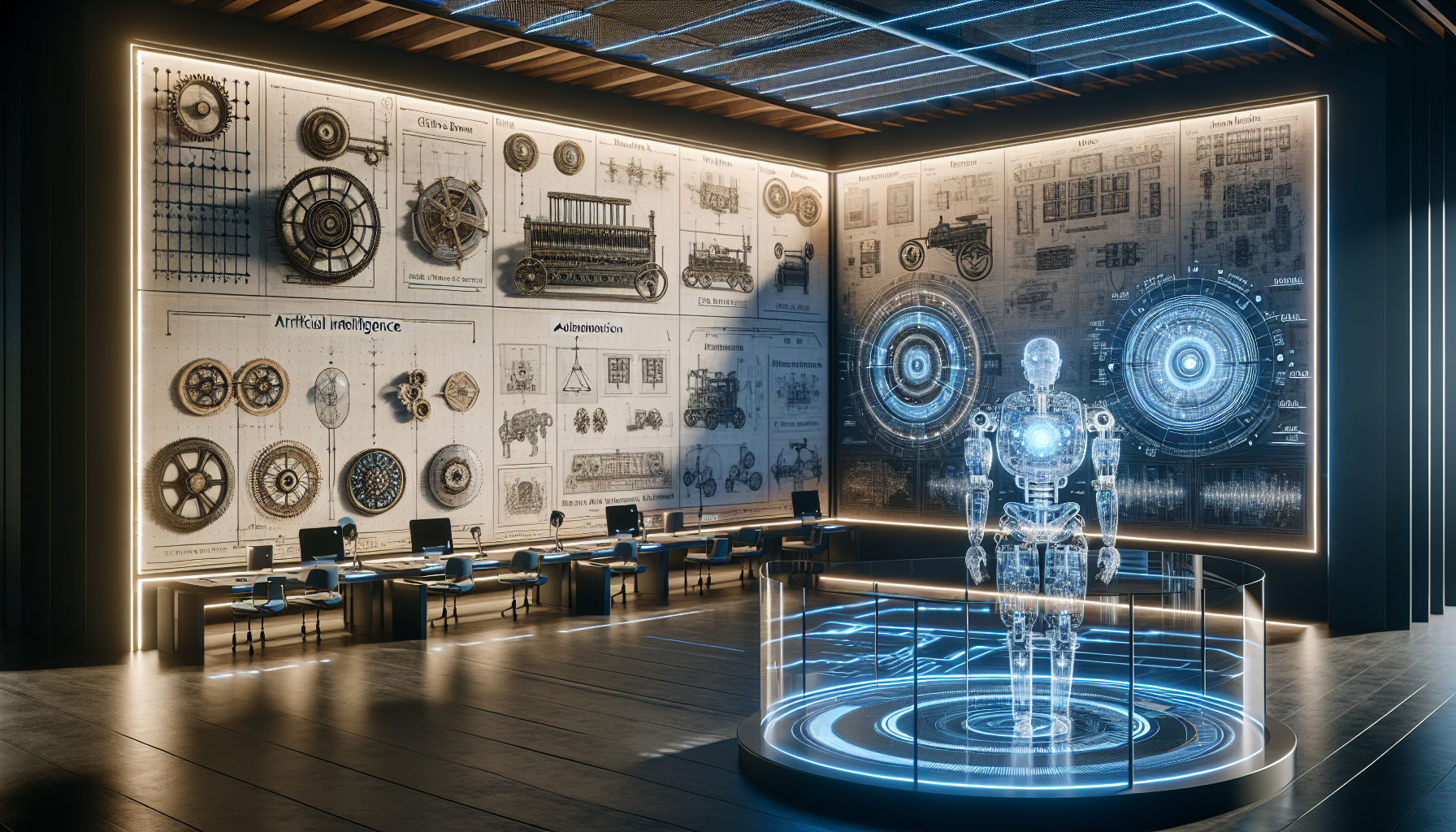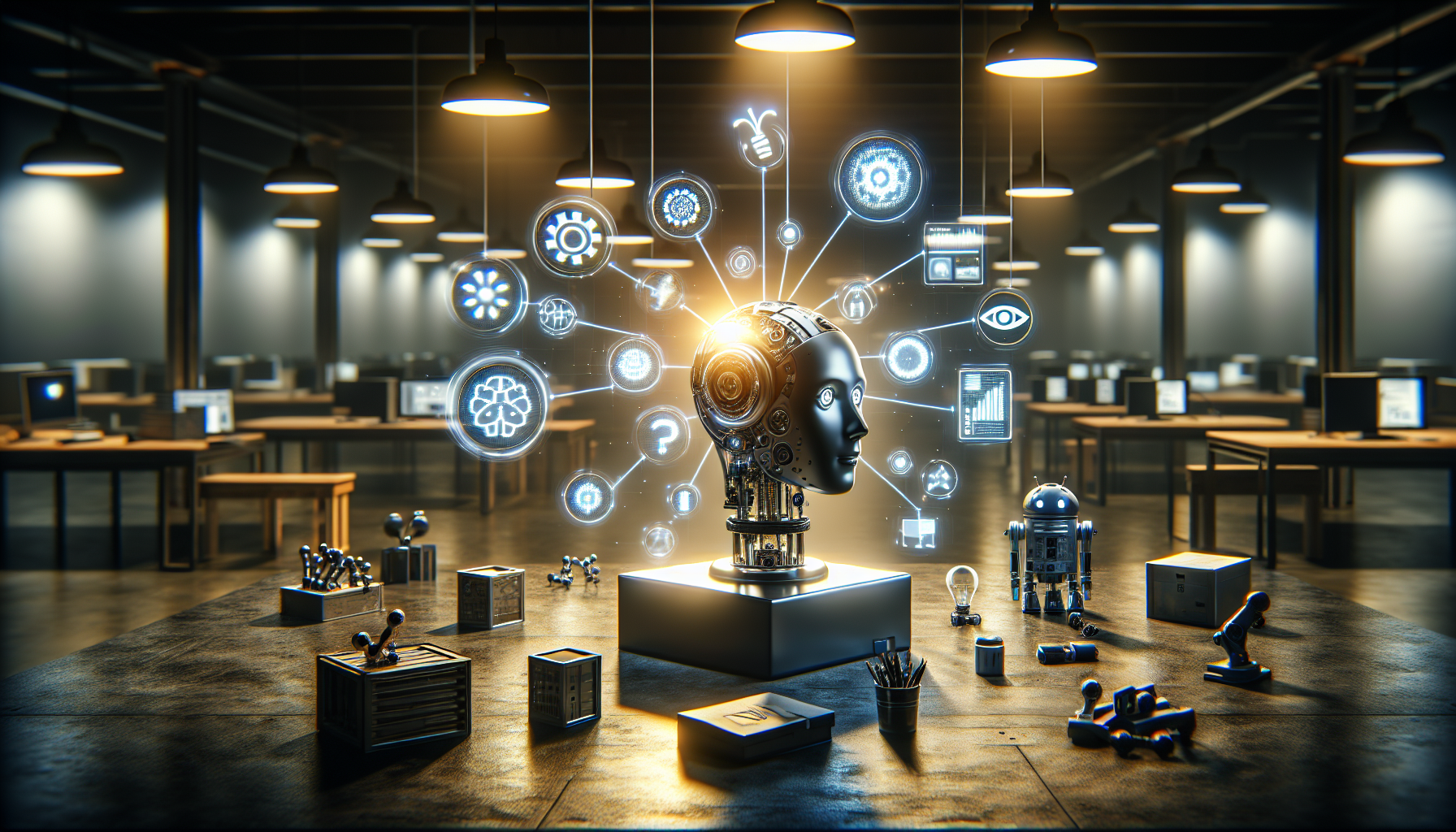
AI in Retail: Revolutionizing Customer Experience Through a Historical Lens
October 6, 2025
The integration of artificial intelligence (AI) into retail has been nothing short of transformative, fundamentally altering how customers interact with brands and shop for products. To fully appreciate the depth of this change, it's insightful to examine the historical trajectory of AI in retail, tracing its evolution from rudimentary automation tools to sophisticated, customer-centric applications.
Initially, AI's role in retail was largely confined to inventory management systems. These early iterations of AI were designed to streamline stock levels, reduce human error, and optimize supply chain logistics. Although rudimentary by today's standards, these systems laid the groundwork for more advanced applications by demonstrating AI's potential to enhance operational efficiency.
As AI technology advanced, it began to permeate the customer-facing aspects of retail. One of the first significant breakthroughs was the development of recommendation engines. These systems utilized algorithms to analyze customer data, suggesting products based on previous purchases and browsing history. This marked a pivotal shift towards personalization in retail, as companies began to recognize the value of tailored customer experiences in driving sales and loyalty.
The advent of machine learning further propelled this trend, enabling AI systems to refine their recommendations based on an ever-expanding dataset. This continuous learning process allowed retailers to anticipate customer needs with greater accuracy, fostering a more intuitive shopping experience. The success of these systems is evident in their widespread adoption across e-commerce platforms, where personalized recommendations have become a staple feature.
Beyond the digital realm, AI has also revolutionized the in-store experience. One of the most notable innovations is the use of computer vision technology in cashier-less stores. These AI-driven systems utilize cameras and sensors to track items as customers pick them off shelves, automatically charging their accounts upon exit. This technology not only enhances convenience but also provides retailers with valuable insights into shopping behavior, which can be used to optimize store layouts and product placements.
Moreover, AI-powered chatbots and virtual assistants have redefined customer service in retail. These tools are capable of handling a wide range of inquiries, from product information to order tracking, offering immediate assistance without the need for human intervention. By analyzing customer interactions, these systems continuously improve their responses, ensuring a high level of service that is both efficient and responsive to customer needs.
The integration of AI into retail has also had a profound impact on marketing strategies. Predictive analytics, powered by AI, enable retailers to identify trends and forecast demand with remarkable precision. This capability allows for more targeted marketing campaigns, ensuring that promotional efforts resonate with the intended audience. By leveraging AI, retailers can optimize their marketing spend, achieving better results with fewer resources.
Despite these advancements, the journey of AI in retail is far from complete. Emerging technologies such as natural language processing and emotional AI promise to further enhance the customer experience by enabling more nuanced interactions. These systems aim to understand not just what customers say, but how they feel, offering a level of personalization that was previously unattainable.
As AI continues to evolve, it raises intriguing questions about the future of retail. How will retailers balance the benefits of automation with the need for human touchpoints? What ethical considerations will arise as AI systems become more integrated into our daily lives? These questions underscore the complexity of AI's role in retail, highlighting the need for ongoing dialogue and exploration.
In examining the historical perspective of AI in retail, one thing is clear: AI has fundamentally reshaped the industry, enhancing both operational efficiency and the customer experience. As we look to the future, the challenge lies not only in harnessing AI's potential but also in navigating the ethical and practical implications of its use. The ongoing evolution of AI in retail invites us to consider how technology can best serve both businesses and consumers in a rapidly changing landscape.


